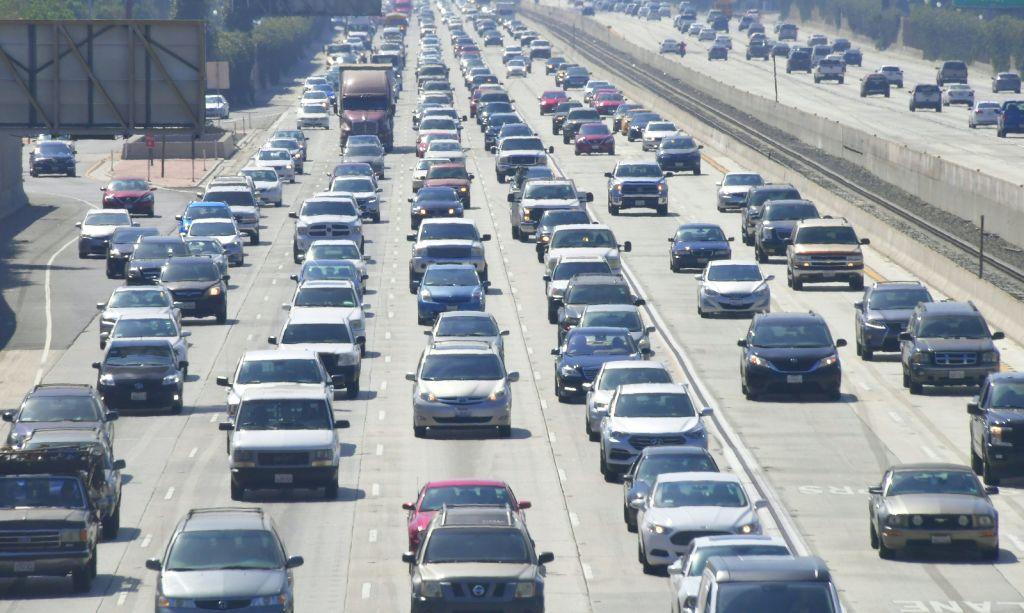U.S. Environmental Protection Agency (EPA) Administrator Andrew Wheeler wrote a letter Sept. 28 to California Gov. Gavin Newsom challenging the state’s plans to ban the sale of gasoline-powered cars by 2035.
Wheeler said the plan “raises serious questions regarding its legality and practicality.”





